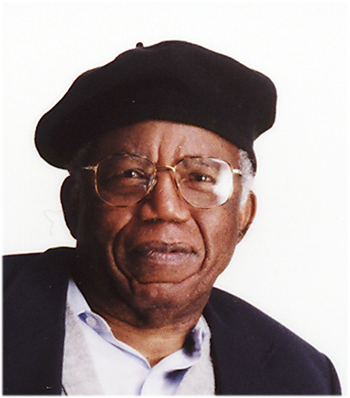
In his essay “The Role of the Writer in a New Nation,” Chinua Achebe argues that writers have a responsibility to educate and regenerate their society by exploring their country’s view of itself, its history, and the world. He believes that Africa’s self-image has been heavily influenced by Europe and that African writers have a duty to challenge this view and promote a positive self-image for their people. Achebe asserts that African writers should be dedicated to their society and not simply write for a foreign audience.
Achebe begins by explaining that the type of writing he does is relatively new in Africa and that African writers have been educated by Europeans to view their relationship with society as one of revolt against it. He wants to shift this perspective and focus on what society expects from its writers rather than what writers expect from society. He emphasizes the importance of writing for a local audience and the role of literature in educating the public.
Through his encounter with a young woman teacher who criticized the events in his novel No Longer at Ease, Achebe realizes the need for his writing to provide an opportunity for education. He asserts that writers must remain free to disagree with their audience, but also acknowledges the need to efficiently educate his society, which has been influenced by European views.
Achebe then highlights the importance of addressing the issue of racial inferiority and how it has affected Africa’s self-image. He admits that Africans must take responsibility for their own mistakes, but also points out the damage that has been done by the colonization and subjection of Africa by foreign powers. He argues that African writers have a duty to challenge these negative views and promote a positive self-image for their people.
Throughout the essay, Achebe uses specific examples to support his arguments and appeal to his audience’s emotions. He asserts his conviction about the influence of Europe on Africa and calls on African writers to fulfill their duty to their society. Achebe’s essay highlights the importance of literature in shaping and challenging societal views, particularly in the context of a new nation.
Tnx
This essay is quite easy to study and understand….. Thankyou